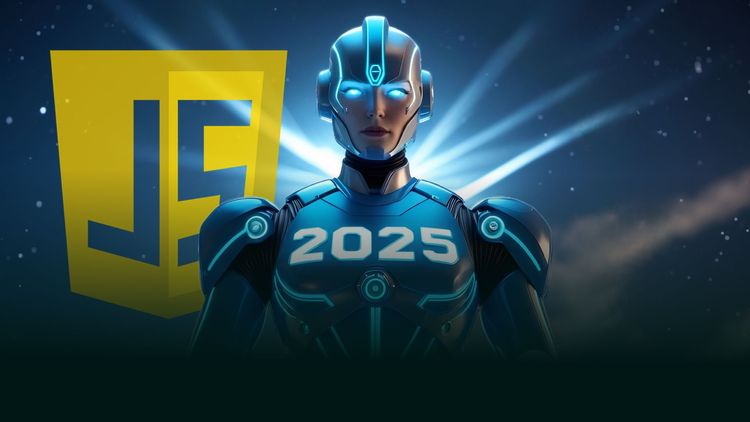
External content
🎵 Communicate with Ableton Live via WebSockets
The ableton-live library enables communication with Ableton Live—a popular digital audio workstation (DAW)—using WebSockets and is compatible with both Node.js and browser environments. To use it, install the package via npm and add the LiveAPI.amxd Max for Live device to a track in Ableton Live. Once set up, you can interact programmatically with Ableton Live's features through the library's API.













